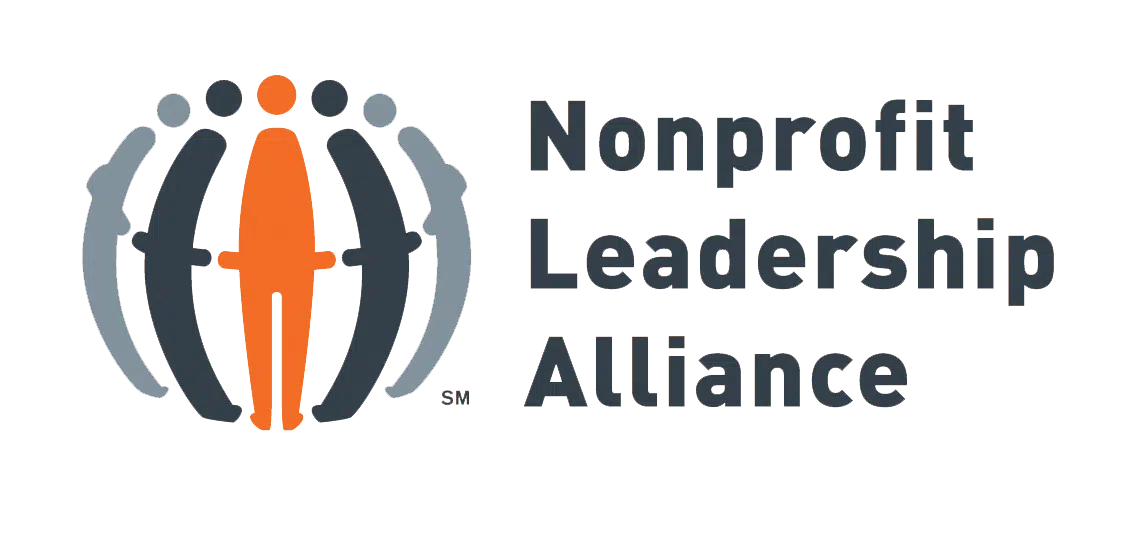Written by Dorothy Norris-Tirrell, Ph.D.
July 29, 2020 | 4 min. read
Every day brings possibilities for expanding knowledge through routine life experiences and intentional, continuous learning. Albert Einstein said, “Once you stop learning, you start dying.” Following this advice, many of today’s philanthropic leaders like Melinda Gates, Warren Buffet, and Oprah Winfrey make learning a priority in their daily routines.
Most of our learning is part of daily living. We learn about our family members, friends, neighbors, and work colleagues by interacting with them. We learn what makes them laugh, what irritates, what frustrates them. We learn who they are. This learning makes relationships more meaningful and productive. Whether searching for new ways to be efficient with our favorite technology tools, discovering how to cook a new recipe, or exploring news events.
What is intentional, continuous learning?
Have you ever been around young children — once they can talk? They start asking a lot of WHY questions. This is an important development stage. Kids can’t help themselves from asking so many WHY questions. They learn by asking and observing. Then they go off to school and teachers start asking them WHY questions. Some of us were lucky enough to have teachers and parents who encouraged us to keep asking these WHY questions. How often do you return with childlike wonder to ask WHY questions now?
This ongoing search for WHY is the experience of continuous learning, defined as a self-motivated need to acquire knowledge on an ongoing basis. This type of lifelong learning encourages you to ask questions from simple to more complex — and then pursue the answers. For more on the power of WHY, I encourage you to read Simon Sinek’s book Start with Why.
Challenge yourself to embrace intentional, continuous learning as a daily priority.
The concept of “intentionality” adds the elements of purpose and planning. Historical figure Abigail Adams wrote “learning is not attained by chance. It must be sought for with ardor and attended with diligence.” Deliberately seek it out as an extension of your everyday learning and embed it in your life for personal growth and development. Set aside time and give the learning your full attention.
Learning does not only mean academic experiences.
In other words, you can create your own learning adventure. For example, when you are reading a book or watching a movie or tasting new food, ask Why do I like this or What don’t I like about it? Do I or would I like something similar? Where did “this” originate? Do I want to learn more?
Take time to examine your own learning processes.
This perspective on learning will allow you to be comfortable saying “I don’t know” while also challenging yourself to find out. It encourages the joy and accomplishment of discovery. To get started, try taking a painting or music class, visiting new places such a museum (quite a few have added virtual options you can enjoy from your home), a trendy new coffee shop, or even a different grocery store, or investigating the current events and issues you keep hearing about. Many of you have recently been expanding your understanding of social equity through our open course, The Equity Journey. If you haven’t yet, be sure to check it out.
What is the benefit of intentional, continuous learning?
Learning activates your brain! Studies have shown active learning changes your brain chemistry. The more you learn, the more your brain will help you learn. Just like eating good food nourishes your body, learning nourishes our minds.
Learning improves and enriches your life. Through acquiring knowledge, you learn more about yourself and develop a sense of accomplishment and self-confidence which leads to overall well-being. As a result, you may be better able to cope and adapt. Stepping out of your comfort zone to experience new, different things becomes easier.
Learning makes you more well rounded. In addition to the practical implications of improving your skills, learning broadens your perspective, and encourages your curiosity. Your conversations will be more meaningful, strengthening your relationships.
Learning can positively impact the world. Lifelong learning isn’t just about you. As you explore and examine, you may find that sharing your learning and encouraging others to learn is equally important. With learning as a common value, we will listen more, we will share more, we will begin to understand empathy, and co-create a more compassionate world.
A few words of caution.
- Even though information is highly accessible these days, finding credible information is not always easy. You will have to wade through the wasteland of questionable, irrelevant, and mediocre as you evaluate sources and experts.
- Learning does not always come easy. When you start learning to play the guitar, your fingertips will be sore and it may be much harder to reach a level of accomplishment than you thought. But that discomfort is part of the journey of learning. After all, stretching your mind and expanding your skills is the goal.
Now, open your calendar to start your planning for intentional, continuous learning. Examine your day. What did you learn? What new knowledge will tomorrow bring? I can’t wait to hear.
Register today for our free course to begin your learning with the Equity Journey!
